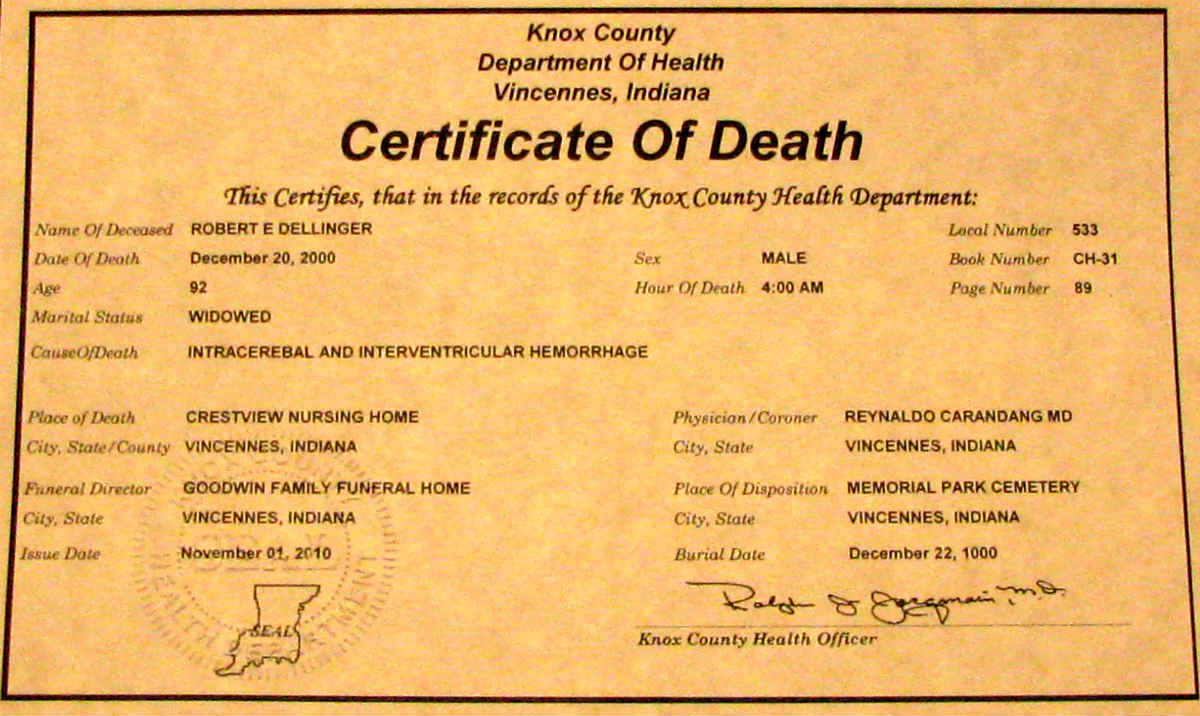
Wow! How many people are Flemish doctors REALLY euthanasing?
Only about 15% of cases are officially reported
Only about 15% of euthanasia cases in the semi-autonomous region of Flanders, in Belgium, are being reported, according to the latest research by physicians. It has long been known that euthanasia is underreported on official forms, but this figure – that there are about 550% more cases of euthanasia than are currently making their way into the government statistics — seems to have astonished even the researchers.
In a letter to the European Journal of Epidemiology, researchers from the End-of-Life Care Research Group at the Free University of Brussels admit that “death certificates substantially underestimate the frequency of euthanasia as a cause of death in Belgium and are therefore an unreliable tool for monitoring its practice.” According to a large sample of death certificates, 0.7% of all deaths were described as euthanasia, but the anonymous survey of doctors yielded a figure of 4.6% of all deaths.
To bring the official statistics into line with reality, the researchers recommend that death certificates be revised to make it easier for physicians to list the real cause of death and that they be educated on how to fill out the forms.
So why don’t doctors report that they have helped a patient die through euthanasia (or assisted suicide, which was treated as euthanasia in the survey)? The researchers list several reasons:
… physicians consciously or unintentionally not recognizing their cases of euthanasia as such, because they believe that they have not complied with the legal due care criteria (e.g. not reported euthanasia to the evaluation committee as is required by law), because they have privacy concerns for themselves—as reporting attaches their name to the euthanasia case—and the patient, and because they do not consider it necessary to report it on the death certificate. The lack of clear guidelines is probably also a reason for the low number of euthanasia cases indicated on death certificates.
This research has far-reaching implications for other jurisdictions where euthanasia is legal. “It may be that estimating the number of euthanasia-related deaths will be impossible altogether in some jurisdictions with legal euthanasia,” the authors acknowledge. They single out the Australian state of Victoria, where doctors are not required to list assisted suicide or euthanasia as the cause of death, for fear of patients being denied their life-insurance pay-outs. In Oregon, and other American states which copied their legislation, doctors list the underlying condition as the cause of death, not assisted suicide.
So, instead of official statistics, authorities will be forced to rely upon anonymous surveys like the one from the End-of-Life Care Research Group to uncover the truth of how many people are choosing euthanasia – or even having it chosen for them.
The statistics relate to deaths in Flanders between January and June 2013, so the trend in reporting may have changed since then.
Creative commons
https://www.bioedge.org/images/2008images/FB_Death_cert.jpg
assisted suicide
belgium
euthanasia
flanders
